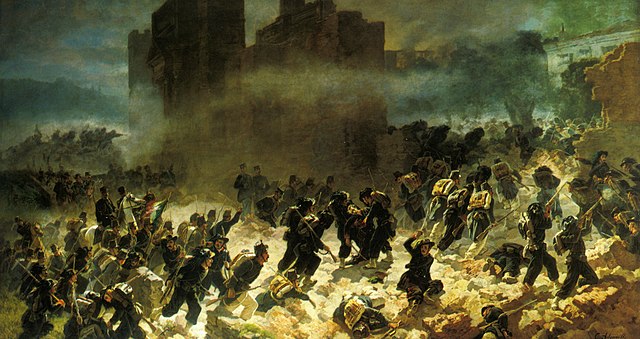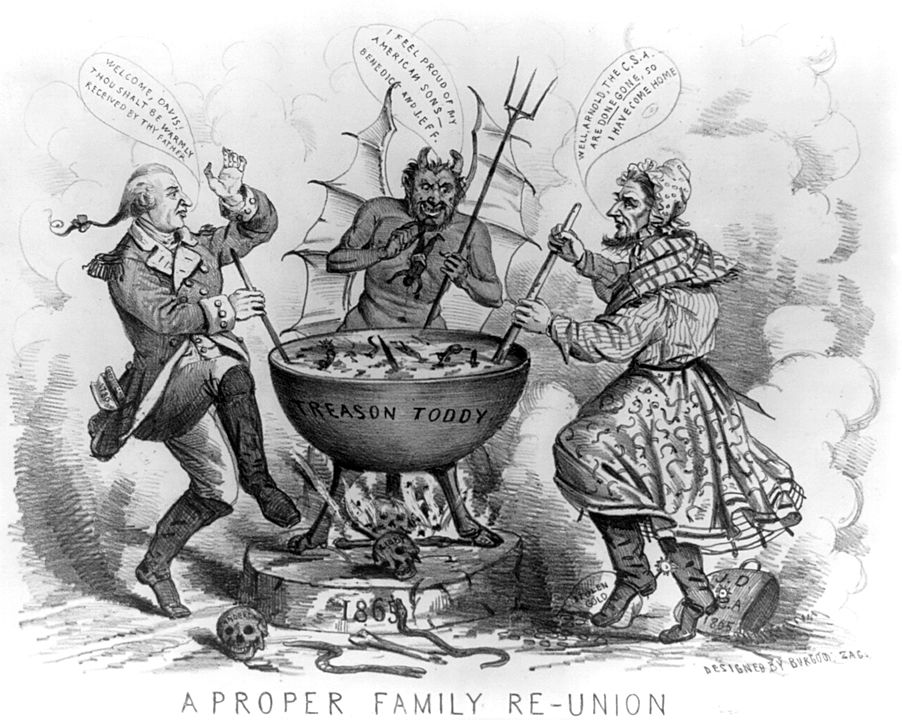There is always much to learn from quotes and their historical significance. Read on for a collection of quotes and general history from September 15th – 21st.

September 15, 1916
“If the tanks succeed, then victory follows.”
– Heinz Guderian
The Battle of Flers-Courcelette began on September 15, 1916, during World War I as part of the Battle of the Somme in France. Tanks were used in battle for the first time in history, helping lead to a British victory. By the end of the battle on the 22nd, the British had gained about 2,500 yards (2,300 m) and captured the villages of Flers, Courcelette, and Martinpuich from Germany. Despite the success of tanks in this battle, some, including Winston Churchill, felt their existence was revealed too early. With only 18 tanks used in the battle, it’s possible that waiting to use tanks en masse with the element of surprise may have led to an earlier end to WWI.

September 16, 1810
“Long live Our Lady of Guadalupe! Death to bad government! Death to the Gachupines!”
– Miguel Hidalgo
On the morning of September 16, 1810, Roman Catholic priest Miguel Hidalgo y Costilla rang the bell of his church in Dolores, Mexico and gave the pronunciamiento, or call to arms, that started the Mexican War of Independence. This is now known as the Grito de Dolores, or Cry of Dolores in English. More than a decade of war followed to finally achieve independence from Spain on September 28, 1821. Mexico’s Independence Day is now celebrated every September 16th, with the President of Mexico re-enacting the Grito the night before to kick off festivities!
September 17, 1859
“At the peremptory request and desire of a large majority of the citizens of these United States, I, Joshua Norton, formerly of Algoa Bay, Cape of Good Hope, and now for the last 9 years and 10 months past of San Francisco, California, declare and proclaim myself Emperor of these United States.”
– Norton I, Emperor of the United States
Joshua Abraham Norton proclaimed himself “Norton I, Emperor of the United States” on September 17, 1859. Norton was born in England but spent much of his early life in South Africa before arriving in San Francisco, California near the end of 1849. Initially, he enjoyed success as a businessman in commodities markets and real estate speculation, becoming one of the more prosperous, respected citizens of the city. However, he lost his fortune investing in Peruvian rice in 1852. After several years out of the public eye, his proclamation as emperor gave him a kind of celebrity status in San Francisco. Although some considered him insane, many honored the currency he issued in his name and celebrated his proclamations. Particularly, his many decrees for a bridge or tunnel to be built connecting San Francisco with Oakland.
September 18, 1947
“And you shall know the truth, and the truth shall make you free.”
– John 8:32, CIA’s unofficial motto
The National Security Act of 1947 became effective on September 18, 1947, after senate confirmation of James Forrestal as the first Secretary of Defense the previous day. Following World War II, this Act was a major restructuring of the United States’ military and intelligence agencies. The Act created the Central Intelligence Agency (CIA), National Military Establishment (now the Department of Defense, DOD), U.S. Air Force (formerly the Army Air Force), National Security Council (NSC), National Security Resources Board, and the Joint Chiefs of Staff (JCS). Most of these agencies have been in operation ever since. In fact, the CIA continues to expand its role today, being the United States’ first and oldest peacetime intelligence agency.
September 19, 1796
“Every day the increasing weight of years admonishes me more and more, that the shade of retirement is as necessary to me as it will be welcome.”
– George Washington, George Washington’s Farewell Address
On September 19, 1796, George Washington’s Farewell Address was first published in the American Daily Advertiser. In it, Washington announced that he would not run for a third term as president. Washington had originally intended to retire after his first term in 1792 but was convinced to return over fears that the nation would break apart without his leadership. Having addressed many internal and external affairs in his second term, Washington expressed his confidence in the country continuing to prosper without him. He also listed a great deal of advice for the American people on what he viewed as the greatest threats to the nation.
Each year, a member of the U.S. Senate is selected to read Washington’s Farewell Address aloud on the Senate floor in observance of Washington’s Birthday. If you’re at all interested in politics and haven’t read it, I’d recommend you do. I found it quite interesting and prophetic of today’s politics.
September 20, 1870
“I am no prophet, nor son of a prophet, but I tell you, you will never enter Rome!”
– Pope Pius IX
The Capture of Rome from Pope Pius IX by the Italian army took place on September 20, 1870. Marking both the end of the 1,116-year reign of the Papal States and the unification of Italy under King Victor Emmanuel II of the House of Savoy. The Italian unification movement, also known as the Risorgimento, began in 1815. By 1866, the rest of Italy was united with only the historic capital of Rome and the surrounding Papal State remaining separate. When the Italian army reached Rome, Pope Pius IX refused to surrender peacefully. After a brief battle, the Aurelian Walls were breached at Porta Pia and Rome fell to the Kingdom of Italy. Subsequently, the road from Porta Pia was renamed “Via XX Settembre” (September 20) and most other Italian cities have a road named “Venti Settembre” leading to the local cathedral.

September 21, 1780
“Love to my country actuates my present conduct, however it may appear inconsistent to the world, who very seldom judge right of any man’s actions.”
– Benedict Arnold
On September 21, 1780, Benedict Arnold gave plans for West Point to British Major John André. Arnold had been placed in command of the fort at West Point, New York that August and had George Washington’s trust. However, he planned to surrender West Point to the British for £20,000. Arnold was forced to flee though when André was captured and exposed the plot before it could be carried out. The British made Arnold a brigadier general, but only paid him £6,315 plus an annual pension of £360 since West Point remained under American control. Benedict Arnold and “traitor” became synonymous shortly after his betrayal became public. Benjamin Franklin went so far as to say, “Judas sold only one man, Arnold three millions”.

In case you missed last week’s quotes, see History September 8th – 14th.
To never miss a Quill Quotes post, please subscribe to our free Email Newsletter and follow us on Social Media.
Leave a Reply